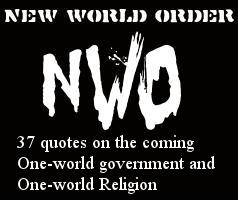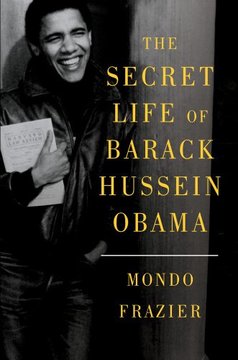
Hugo Chavez's vision for a South American socialist paradise was dealt a blow Saturday.
Not often seen in the Western Hemisphere, is a full-blown civil war coming to Bolivia?
Four regions declared their autonomy from the central government Saturday and people waved Santa Cruz flags in the streets--not Bolivian ones.
The regions produce the most natural gas for cash-strapped Bolivia, so the central government of Evo Morales is unlikely to let bygones be bygones.
What's a central government to do?
Thousands waved the Santa Cruz region's green-and-white flags in the streets as council members of the Santa Cruz, Tarija, Beni and Pando districts made the public announcement.Not everyone is happy with the move. Some demonstrators took steps to hinder the rebels and assist the federal government.
The officials displayed a green-bound document containing a set of statutes paving the way to a permanent separation from the Bolivian government.
Council representatives vowed to legitimize the so-called autonomy statutes through a referendum that would legally separate the natural-gas rich districts from President Evo Morales' government.
The move also aims to separate the states from Bolivia's new constitution, which calls for, among other things, a heavier taxation on the four regions to help finance more social programs.
"The statutes will be ratified," said Oscar Ortiz, Santa Cruz senator. "With a public referendum, the people of our region will legitimize their will."
About 35 percent of Bolivia's 9.5 million people live in the four states, according to The Associated Press.
In the meantime, Bolivian network ATV showed what appeared to be armed, pro-government protesters creating blockades around the town of Yapacani, on the outskirts of Santa Cruz.Bolivian president, Evo Morales, was reported to have done little other than whip up support in the capital. He hinted that further actions won't be long in coming.
Some indigenous pro-Morales groups claim Bolivia's richer, white-ruled Eastern regions want to control the country's natural resources. Bolivia has South America's second-largest natural gas reserves, behind Venezuela. Most of it is produced in the Eastern regions.
"We will not be divided", declared Morales.
Morales also spoke of racial divides in the country's ethnic structure.
In the capital city La Paz on Saturday, Morales addressed thousands of flag-waving supporters in the Plaza Murillo, defending the new constitution and lashing out against what he called the racist policies of Bolivia's elite.One doubts that Morales will let the four richest regions of the country walk out without a fight.
"They must give back the money they took from us," he told a cheering crowd, which included members of the Quechua and Aymara tribes. "We will retroactively investigate all the big fortunes, and the corrupt are now trembling with fear."
Morales also cautioned those who he said want a "a division, a coup d'etat," the AP reported.
"We won't permit Bolivia to be divided," he warned.
Morales -- who belongs to the Aymara indigenous group -- nationalized the country's oil and natural gas reserves when he took power in 2006, creating what became known as the "gas wars."
Running on a platform of redistribution of wealth among Bolivia's poor, Morales has defied countries such as Brazil and the United States for the exploration of Bolivia's natural reserves.
He has also protested the country's racial divide.
"Bolivia is a nation among nations," he said Saturday, referring to the diversity of Indian nations whose traditions date back centuries.
"We are not a country of blue-eyed, green-eyed folks only. It's a plurinational country made of dark-skinned and white-skinned. This new constitution will unite us."
Whether that means trying to diplomatic concessions or civil war is up in the air.
It's likely that Venezuela's Hugo Chavez will give as much aid--whatever form it may take--to his friend, Morales. Sanctions against Santa Cruz, economic pressure or active military help may be considered to stop the breakaway regions.
Is civil war coming to Bolivia or will South America see a new country on its map?
by Mondoreb
[image:getty]
Source: Four Bolivian Regions Declare Autonomy from Government
Death by 1000 Papercuts Front Page.






























No comments:
Post a Comment
Leave your name/nic.
We've changed the comments section to allow non-registered users to comment.
We'll continue like that until it's being abused.
We reserve the right to delete all abusive or otherwise inappropriate comments.